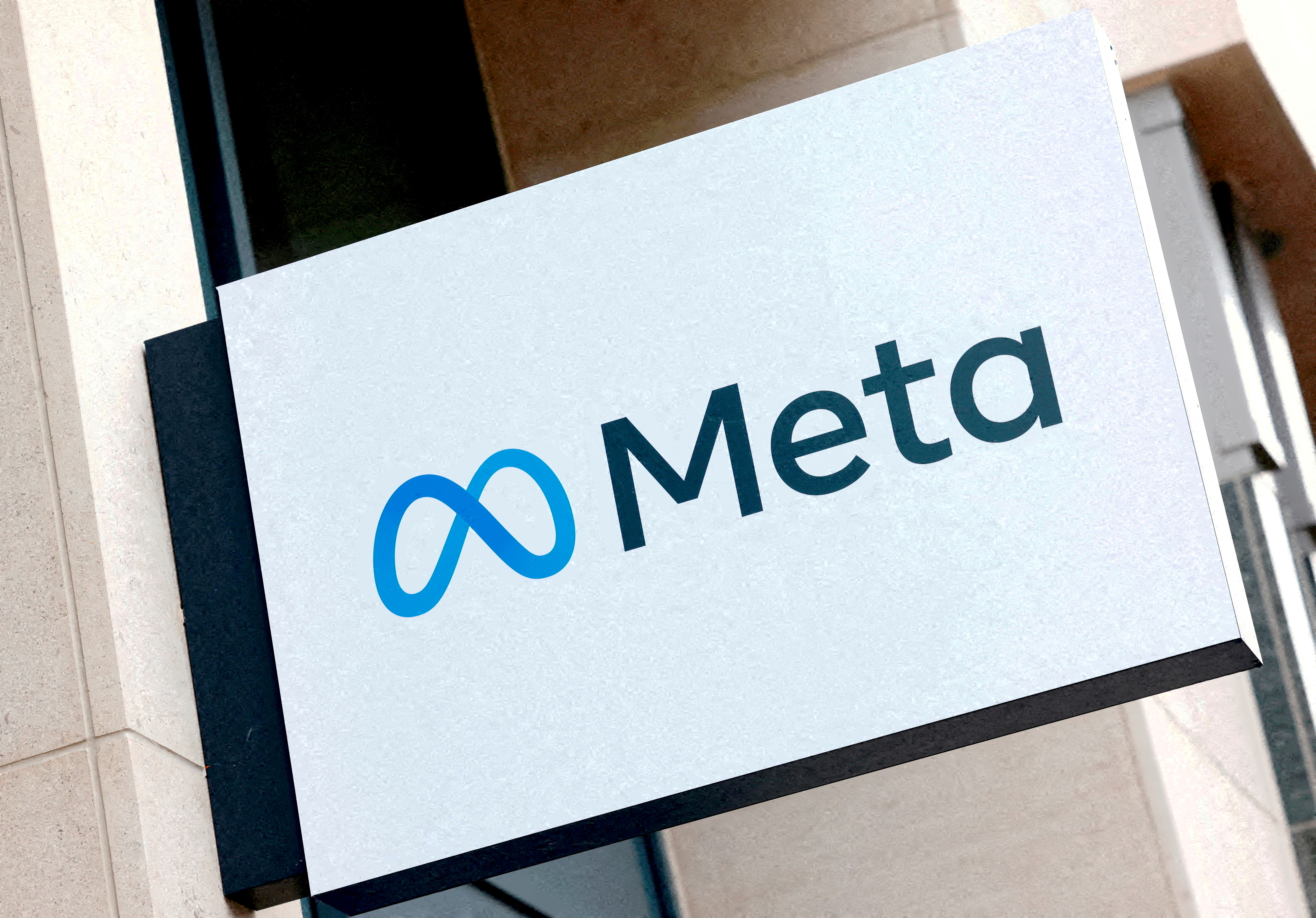The struggle for dominance in the constantly developing field of artificial intelligence is intensifying, and Meta Platforms, once known as Facebook, has just sent a thunderous shot across the bow. The Wall Street Journal reported on September 10, 2023, that Meta is on a mission to create an AI system that can compete with OpenAI’s state-of-the-art models. This bold initiative is a seismic shift that might completely alter the way AI-powered applications are used in the future, not just another tech behemoth showing off. In this essay, we’ll go further into Meta’s bold initiative, look at the main individuals involved, and consider the significant effects this decision might have on the broader AI sector.
 Credits: Reuters
Credits: Reuters
Meta’s Ascent in the AI Universe:
Meta Platforms, a tech giant known for social networking and ground-breaking innovation, is intrepidly stepping into the complex area of cutting-edge artificial intelligence. Their main goal was? to create an AI system that can compete with OpenAI’s most powerful products. The undisputed leader in natural language interpretation and generation for many years has been OpenAI, which is recognized for its ground-breaking models like GPT-3 and ChatGPT. But Meta, who is never one to back down from a challenge, is ready to challenge this dominance and perhaps even transform the current state of AI.
From Llama 2 to the Stars:
The trip Meta is on into the world of AI is not entirely new. The business only recently unveiled Llama 2, an open-source AI language model, in July. Llama 2 was unveiled as a rival to Google’s Bard and OpenAI’s ChatGPT, signifying Meta’s entry into the field of cutting-edge AI. Surprisingly, Llama 2 was made available through Microsoft’s Azure cloud services, demonstrating Meta’s readiness to work with colleagues in the industry to make cutting-edge AI capabilities accessible to all. It’s important to keep in mind that Llama 2 was just the beginning; Meta is currently working to develop an AI model that can not only match but also vastly outperform its current achievements.
Aiming for Supremacy:
The upcoming AI model from Meta is expected to be significantly more powerful than its predecessor, Llama 2, while being still under development and cloaked in secret. This is a quantum leap forward rather than merely an incremental improvement. What is the overarching goal? to enable other businesses to create services capable of producing complex text, performing in-depth research, and producing excellent results across a variety of fields. With this project, Meta intends to spark a surge of innovation that will enable organizations and enterprises to fully utilize AI in a variety of applications.
The Arena of Generative AI:
Large language models’ revolutionary potential has attracted businesses and enterprises to the generative AI industry, which has been a hub of innovation. Since its inception in late 2022, OpenAI’s ChatGPT in particular has revolutionized numerous industries. It has drawn enterprises looking to use AI-driven solutions to increase their capabilities and streamline procedures. Apple also joined the fray in response to this rising demand, developing AI products that are on par with ChatGPT and Google’s Bard. According to reports from Bloomberg News, Apple has developed its own proprietary framework called “Ajax” for creating extensive language models and is currently testing a chatbot it has given the working name “Apple GPT.” This competitive environment highlights the crucial role cutting-edge AI models play in transforming industries and improving user experiences.
The Actors on the Stage:
With its vast financial and technical resources, Meta Platforms is a strong competitor in the AI space. Their engagement in the creation of AI models like Llama 2 demonstrates their dedication to driving technological advancement. Their partnership with Microsoft to distribute Llama 2 through Azure cloud services demonstrates their commitment to collaborating with other digital behemoths to democratize cutting-edge AI capabilities. This culture of cooperation encourages healthy rivalry and innovation, which ultimately helps both firms and customers.
The industry leader in AI, OpenAI, has continuously pushed the limits of what the technology is capable of. The bar has been established for natural language processing and creation by models like GPT-3 and ChatGPT. It is impossible to overestimate the enormous impact that OpenAI has had on the AI field, and Meta’s bold attempt to counter this impact highlights the fierce competition that drives innovation in the tech sector.
With their Bard model, Google is yet another powerhouse in the field of generative AI. The organization, which is devoted to strengthening the capacities of AI language models, has a significant presence in AI research and development. Rapid breakthroughs in AI technology will be driven by the intense competition between Meta, OpenAI, and Google, giving consumers and companies more effective and adaptable tools.












